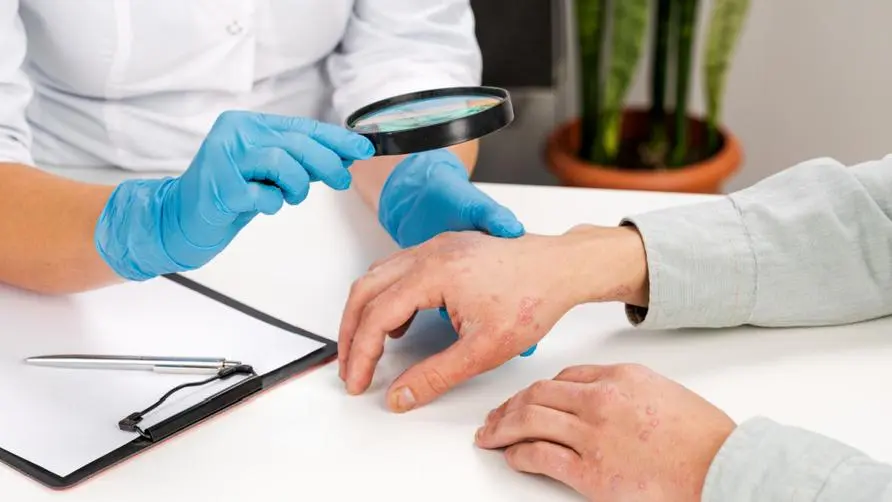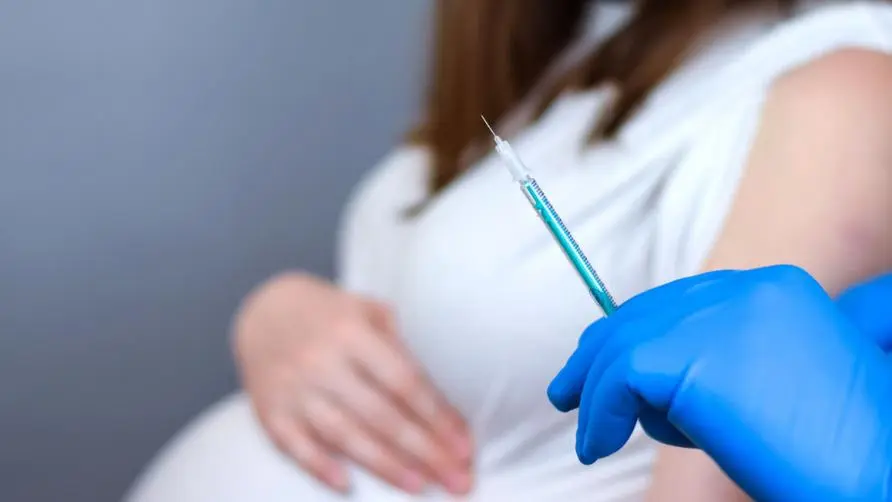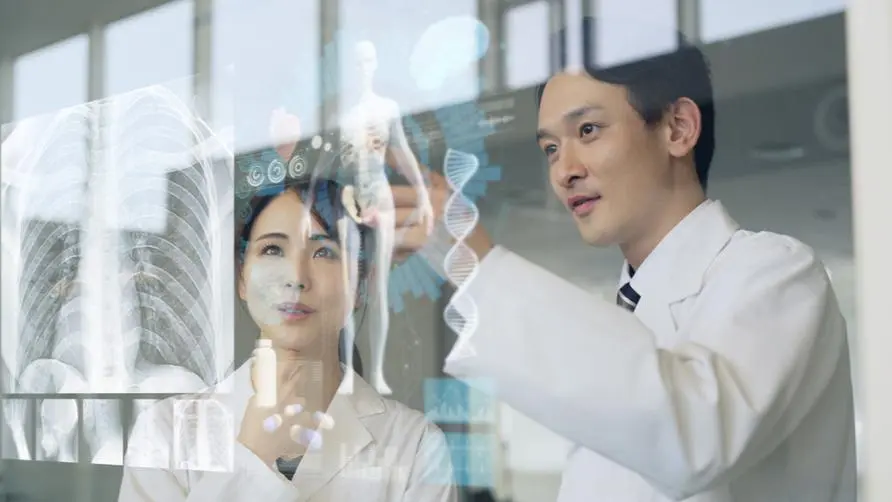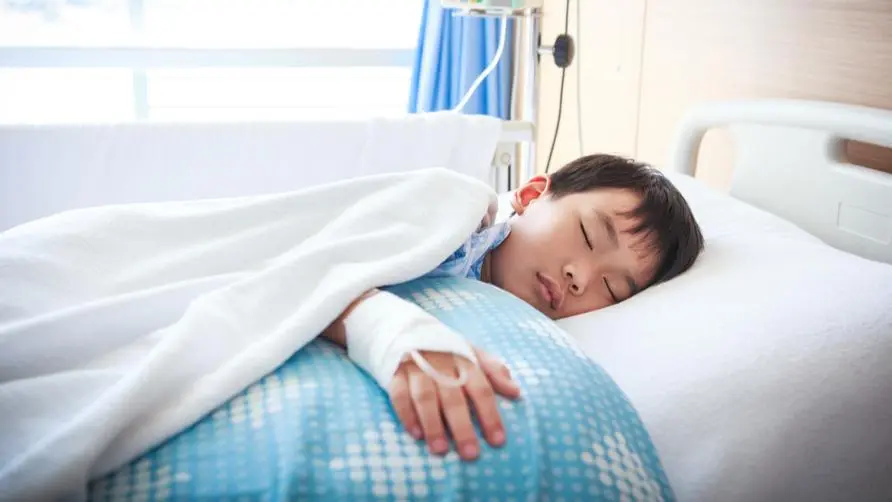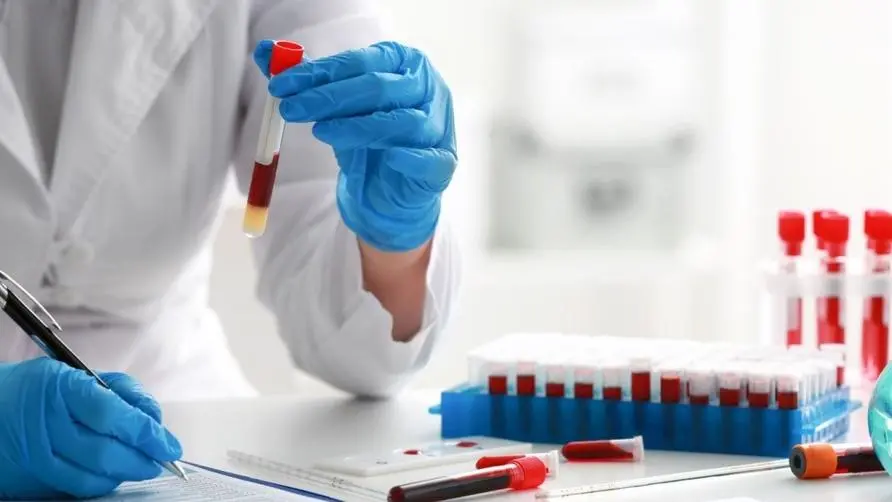Cell therapy finally comes to fruition: CAR-T cell immunotherapy is covered by health insurance, igniting new life for blood cancer and lymphoma

Poor survival after relapse of acute lymphoblastic leukemia and diffuse large B-cell lymphoma
Leukemia and non-Hodgkin’s lymphoma are the ninth and tenth leading causes of cancer death among men and women in Taiwan. According to statistics on causes of death in Taiwan in 2022, leukemia and non-Hodgkin’s lymphoma combined to cause more than 2,500 patient deaths. Huang Weihan, deputy director of the Immunotherapy Department of the Stem Cell and Precision Medicine R&D Center of Hualien Tzu Chi Hospital, said that acute lymphoblastic leukemia (ALL), a common leukemia, commonly affects children aged 3 to 5 years old, and one in every four children with cancer has cancer. One person has acute lymphoblastic leukemia; Diffuse Large B Cell Lymphoma (DLBCL) tends to occur in the elderly. On average, about one out of every two lymphoma patients has DLBCL.
“Although acute lymphoblastic leukemia and diffuse large B-cell lymphoma have excellent prognosis with front-line treatment, 1-20% of children (ALL) and up to 50% of adult patients (DLBCL) still relapse, and the clinical management has become It’s very difficult. Even after high-dose chemotherapy and allogeneic stem cell transplantation, there is still a high chance of recurrence!”
Dr. Huang Weihan said that currently the main first-line treatment for acute lymphoblastic leukemia and diffuse large B-cell lymphoma is chemotherapy. After high-dose chemotherapy combined with targeted drugs, the cure rate for acute lymphoblastic leukemia is about 80-90%, and for diffuse large B-cell lymphoma, the cure rate is about 80-90%. Large B-cell lymphoma is about 70-80%. However, once acute lymphoblastic leukemia relapses, the 5-year survival rate is only 30-50%. The 5-year survival rate after relapse of diffuse large B-cell lymphoma is only 10%. The 5-year survival rate of refractory or relapsed diffuse large B-cell lymphoma after transplantation is only 10%. Cell lymphoma, the 2-year survival rate is only about 20%.
Zhou Shaobin, a patient with diffuse large B-cell lymphoma who is also a physician, showed up and explained that because up to three oncogenes were detected, it is the most malignant type of diffuse large B-cell lymphoma and the cancer cells grow extremely fast. When the course of the disease is uncontrollable, there are only two options left: allogeneic stem cell transplantation with a survival rate of about 2% and CAR-T cell immunotherapy with a survival rate of over 40%.
Dr. Zhou Shaobin said that CAR-T cell immunotherapy is like the “last life-saving medicine” for patients like him. She underwent CAR-T cell immunotherapy in May this year and was successfully discharged from the hospital a month and a half later. She returned to work in July and became the first case of CAR-T cell immunotherapy at Hualien Tzu Chi Hospital.
CAR-T cell immunotherapy combines the three major medical technologies of genes, cells and immunity
Dr. Huang Taizhong, secretary-general of the Hematology Society of the Taiwan and Department of Hematology and Oncology, Department of Internal Medicine, National Taiwan University Hospital, explained that the human immune system is mainly divided into two lines of defense, including granular white blood cells, macrophages, natural killer cells, and tree cells in the “general army”. T cells, as well as “Special Forces” B cells and T cells, the principle of CAR-T cell immunotherapy is to strengthen the precise pursuit function of Special Forces T cells, input genetically reprogrammed T cells to grow and reproduce in the patient’s body, and then activate The immune mechanism recognizes and destroys cancer cells and continues to work in the body.
Dr. Huang Taizhong pointed out that if cancer treatment drugs can be roughly divided into traditional drugs and CAR-T treatment drugs, traditional drugs include small molecule drugs (chemical drugs, targeted drugs, hormonal drugs) and large molecule drugs (such as biological agents). CAR-T cell immunotherapy combines three major medical technologies: genes, cells, and immunity. It is a “living cell preparation”. T cells are collected from blood cells, purified, genetically edited, cultured/prepared/quality controlled, and finally reinfused. For humans, preparation time takes approximately 30 days. Although it cannot be mass-produced in advance and is a highly personalized treatment, there is a chance of maintaining disease remission after just one treatment.
“CAR-T cell immunotherapy is used for acute lymphoblastic leukemia, and about 82% can achieve therapeutic response. There are also 54% therapeutic response data for diffuse large B-cell lymphoma. Of course, CAR-T cell immunotherapy can also cause cytokine storms , neurotoxic syndrome, hemophagocytic syndrome and other side effects risks, but now there are international treatment guidelines to help doctors classify the risk of side effects, handle them accurately, and respond to the patient’s immune response!”
Director of National Health Insurance Shek Chongliang: Cell therapy has finally been implemented and medical technology will continue to be re-evaluated
He Bosheng, Chairman of the Society of Hematology of the Taiwan, said that CAR-T cell immunotherapy is a cutting-edge medical treatment. The cells are removed from the patient beforehand, and a sophisticated research laboratory needs to be set up to complete the preparatory procedures. The concept is similar to the manufacturing of raw materials, and the process is Medical quality control must be strictly certified and must comply with original factory specifications. Therefore, education and training for relevant administrative and medical personnel have been carried out before the payment is passed through health insurance. At the same time, through the payment plan of CAR-T cell immunotherapy, the purpose of “training” of Taiwan’s medical institutions is achieved to cope with more advanced cutting-edge technologies in the future. Medical clinical work.
Shi Chongliang, director of the Central Health Insurance Administration of the Ministry of Health and Welfare, pointed out that CAR-T cell immunotherapy drugs are covered by health insurance, which symbolizes the official arrival of a new century of “regenerative medicine”. It not only gives patients more treatment opportunities, but also helps improve Taiwan’s medical care and allows " The cutting-edge technology of “cell therapy” has truly been implemented in clinical treatment, and it is expected to benefit more than a hundred Taiwanese people a year who are at the critical moment of life and death with acute lymphoblastic leukemia/diffuse large B-cell lymphoma. In the future, real world data (Real World Date) will also be collected and HTR (Health Technology Reassessme) will be conducted to optimize the evaluation decisions of health insurance benefits and benefit more patients.
The Hematology Society of the Taiwan and the Blood and Marrow Transplantation Society of the Taiwan call for CAR-T cell therapy to be covered by health insurance, and anyone who meets the health insurance payment conditions is expected to benefit. Medical institutions that can provide medical services include: National Taiwan University Hospital, National Taiwan University Cancer Hospital, Linkou Chang Gung Memorial Hospital, China Medical Affiliated Hospital, Taichung Veterans General Hospital, Kaohsiung Medical University Chung-Ho Memorial Hospital, and Hualien Tzu Chi. If you find poor response to treatment or signs of recurrence during treatment, do not lose confidence in the treatment. Taking the initiative to discuss your treatment expectations with your physician can help create a personalized treatment plan.
Further reading:
